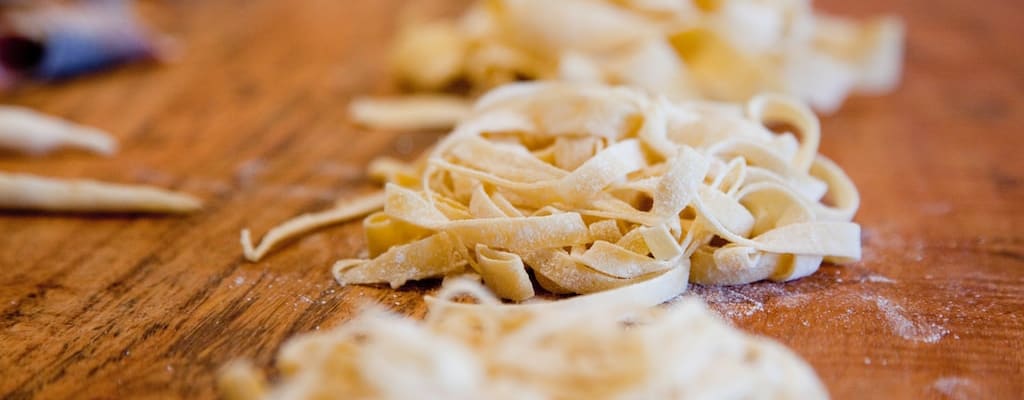the old woman is plucking her goose: Idiom Meaning and Origin
What does ‘the old woman is plucking her goose’ mean?
The idiom "the old woman is plucking her goose" means that someone is preparing for or enjoying a pleasant task that requires skill and attention.

Idiom Explorer
The idiom "wild-goose chase" refers to a fruitless or pointless pursuit or search that is unlikely to be successful. It implies a wasted effort and a sense of futility.
The idiom *the feathers fly* means a situation where there is a lot of noise, conflict, or commotion, usually resulting in a heated argument or fight.
The idiom "the chickens come home to roost" means that negative consequences or troubles from previous actions will eventually catch up to a person.
The idiom "teach grandma how to suck eggs" means attempting to teach someone who is more experienced or knowledgeable than oneself about a topic they already know well.
An idiom used to describe someone who is performing or doing something with great intensity or effort.
The idiom "snatch the pebble" refers to the act of successfully achieving a difficult goal or completing a challenging task, often requiring skill, precision, or resourcefulness.
The idiom "ripe old age" means reaching an advanced and mature stage in life, often referring to someone who has lived a long and fulfilling life.
To "pull someone's plumes" means to humiliate or embarrass someone by exposing their weaknesses or faults.
The idiom "pull one's finger out" means to start taking action or making an effort after a period of inactivity or procrastination.
Quaint yet Curious: Granny's Feathery Task
The idiom "the old woman is plucking her goose" is a phrase that has been used in English for many years. It has a specific meaning that is used in certain situations. While there is limited information about the origin and history of this particular idiom, the meaning and usage are quite clear.
Based on available sources, it can be established that the phrase is not commonly used in modern English. It is considered archaic and is rarely heard in everyday conversation. However, it still holds relevance in certain contexts, particularly when discussing historical or literary topics. The idiom is often used to convey a sense of preparation or readiness.
The literal interpretation of the idiom relates to the act of plucking feathers from a goose. Historically, this was done by old women who were skilled in the process. Plucking a goose required careful attention and skill to remove the feathers without damaging the bird's skin. This physical act became symbolic of careful and meticulous preparation.
In a figurative sense, the idiom "the old woman is plucking her goose" implies that someone is getting ready for something or making careful preparations. It suggests that someone is taking the time to plan and organize before taking action. The idiom is often used to describe a person who is methodically getting ready for a specific event or task.
The idiom "play Old Gooseberry" is related to the phrase "the old woman is plucking her goose." It is used to describe someone who interferes or spoils the plans or activities of others. Just as an old woman carefully prepares her goose, this idiom suggests that someone is disrupting or ruining a situation by their interference. It adds an additional layer of meaning to the concept of preparation and readiness.
The idiom "cook someone's goose" is another related phrase. It means to bring about someone's downfall or ruin their plans. This idiom conveys a sense of finality and irreversible consequences. It suggests that someone's actions or circumstances have led to their ultimate defeat or failure. The connection to the original idiom lies in the idea of careful preparation leading to inevitable outcomes.
Similarly, the idiom "goose is cooked" conveys a similar sentiment. It means that a situation has reached a point of no return and that there is no hope for a positive outcome. This idiom also connects back to the idea of careful preparation and the inevitability of certain outcomes. Just as an old woman plucks her goose, once the cooking process has begun, there is no turning back.
Another related idiom is "teach grandma how to suck eggs." This phrase is used to describe someone giving advice or information to someone who is already knowledgeable about the subject. It implies that the person receiving the advice already knows more than the person giving it. This idiom adds a playful and humorous element to the concept of preparation and readiness.
Lastly, the idiom "a wild goose never laid a tame egg" is related to the original phrase. It suggests that unpredictable or unreliable sources cannot be trusted to produce consistent or reliable results. This idiom emphasizes the importance of careful preparation and the value of using trustworthy and consistent sources. Just as an old woman carefully prepares her goose for plucking, it is crucial to rely on reliable sources for accurate and consistent information.
Despite its limited usage today, the idiom "the old woman is plucking her goose" and its related phrases offer valuable insights into the English language. They reflect historical practices and traditions while conveying timeless wisdom about the importance of meticulous preparation and the use of reliable sources. These idioms remind us of the depth and diversity of our linguistic heritage and the value of understanding and appreciating its various nuances.
Overall, the idiom "the old woman is plucking her goose" and its related idioms provide a fascinating glimpse into the richness of the English language and its ability to convey complex ideas through seemingly simple phrases. They not only offer unique perspectives on preparation and readiness but also serve as a reminder of the power and flexibility of language itself. As we continue to engage with and explore the intricacies of idiomatic expression, we gain a deeper understanding of our linguistic heritage and the ways in which language shapes our perception of the world.
Example usage
Examples of how the idiom "the old woman is plucking her goose" can be used in a sentence:
1. When Maria found out that her car had been stolen, she yelled, "Oh no, the old woman is plucking her goose!"
2. John was caught red-handed cheating on the exam, leaving his classmates to whisper, "The old woman is plucking her goose again."
3. As the politician was caught in a scandal, the headlines read, "The old woman is plucking her goose in the halls of power."
More "Cooking" idioms



